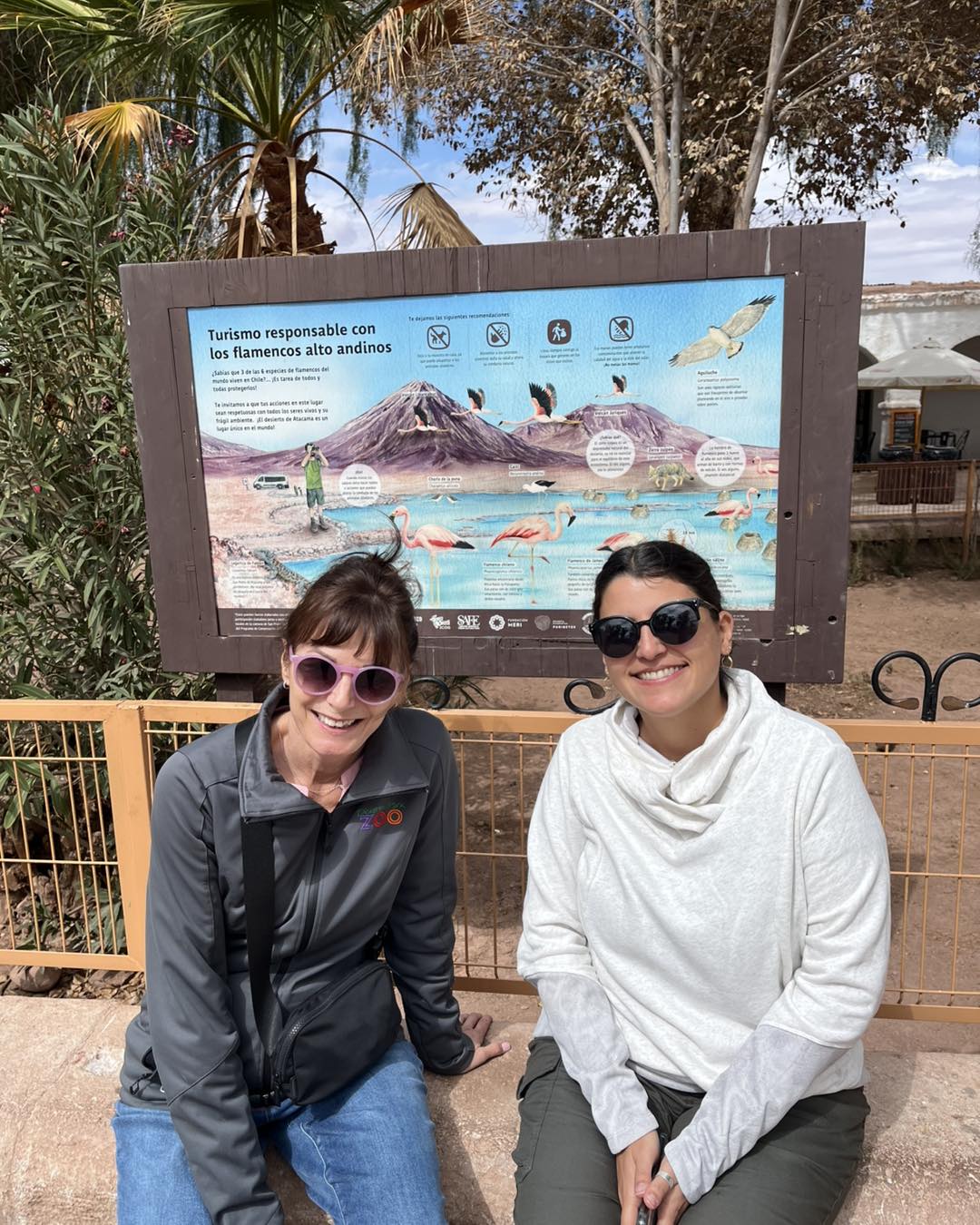- Importance of responsible tourism in San Pedro De Atacama for native wildlife protection
- Community-driven initiatives for wildlife conservation in San Pedro De Atacama
- The significance of flamingo conservation efforts and International Flamingo Day
- Contributions of Zoo Conservation Outreach Group, The Association of Zoos and Aquariums, Zoológico Nacional de Chile, and Fundación MERI to conservation
- Leveraging education and community involvement for sustainable environmental stewardship
Responsible tourism is a pivotal aspect of modern travel, focusing on minimizing the negative impact on natural habitats and supporting conservation efforts. In San Pedro De Atacama, a region renowned for its unique landscapes and biodiversity, a sign has been installed as a reminder of the importance of responsible tourism to protect native wildlife. This community-inspired initiative is part of a broader movement to safeguard the region’s delicate ecosystems while fostering sustainable tourism practices.
San Pedro De Atacama serves as a gateway to several remarkable environmental treasures, including salt flats, geysers, and volcanoes. Each of these ecosystems harbors diverse flora and fauna, some of which are endemic to this region. The sign in San Pedro De Atacama is an educational tool, urging visitors to respect and preserve these habitats. By reducing their ecological footprint, tourists can aid in the conservation of species like flamingos that are particularly vulnerable to disturbances.
Community-driven conservation efforts are crucial in regions like San Pedro De Atacama. The residents, deeply connected to their environment, play an active role in these initiatives, offering insights and local expertise to shape effective conservation strategies. This form of grassroots participation ensures that conservation efforts are rooted in an understanding of the local ecological and cultural context, making them more relevant and effective.
Flamingos, with their vibrant plumage, are iconic in the Atacama region. These birds contribute to the ecological balance of their habitats by feeding on algae and invertebrates, thus maintaining the health of their ecosystems. Conservation of flamingos is, therefore, a priority. International Flamingo Day celebrates their existence and raises awareness about the challenges they face, such as habitat loss due to unsustainable tourism practices and climate change. Global attention on such days brings renewed energy to conservation efforts and funds essential research and habitat restoration work.
International organizations have been instrumental in amplifying these local conservation efforts. The Zoo Conservation Outreach Group, The Association of Zoos and Aquariums, and institutions like Zoológico Nacional de Chile and Fundación MERI are at the forefront of wildlife conservation. They provide expertise, funding, and resources necessary for effective conservation programs. These organizations support local initiatives by facilitating educational programs and research that enhance understanding of the delicate interplay between human activity and wildlife habitats.
Education and community involvement are the cornerstones of sustainable environmental stewardship. Raising awareness about the species at risk and the importance of conserving their habitats creates a culture of conservation within the local community and among visitors. Educational programs that highlight human impacts on wildlife contribute to a deeper appreciation for nature and foster a sense of responsibility among tourists.
In conclusion, the sign in San Pedro De Atacama symbolizes a commitment to responsible tourism and wildlife conservation. By embracing community-driven initiatives and raising awareness through educational programs, we can cultivate a culture of respect and care for our planet. The ongoing efforts of local communities and international conservation organizations serve as models for environmental stewardship globally. Their work ensures that San Pedro De Atacama remains a testament to the harmony between nature and human presence, where biodiversity is cherished and protected for future generations.
*****
Source Description
This sign in the heart of San Pedro De Atacama encourages responsible tourism to protect native wildlife. It was inspired by the community members. More updates on 🦩 conservation and DPZ’s role coming soon, including celebrating International Flamingo Day.
Zoo Conservation Outreach Group The Association of Zoos and Aquariums Zoológico Nacional de Chile Fundación MERI


